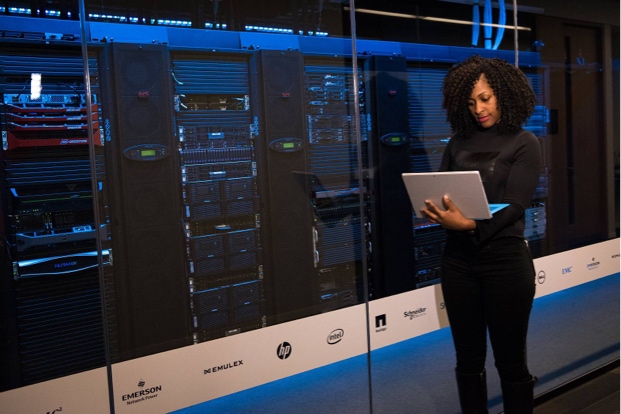 The primary occupational health risks in data centers, besides the usual ergonomic challenges, are predominantly linked to specific operational and maintenance activities. Noise levels can be a significant concern, emanating from server racks and cooling systems, necessitating effective noise management strategies. Dust and metal particles,
The primary occupational health risks in data centers, besides the usual ergonomic challenges, are predominantly linked to specific operational and maintenance activities. Noise levels can be a significant concern, emanating from server racks and cooling systems, necessitating effective noise management strategies. Dust and metal particles,
particularly from hard disk grinding operations, pose a risk for inhalation and require rigorous air quality control measures. The grinding process generates fine metallic dust, which, if inhaled, can lead to respiratory issues. Effective dust extraction systems and personal protective equipment (PPE) are crucial in these environments.
Heat stress and thermal comfort can also be a concern in data centers. The heat generated by servers can lead to high ambient temperatures, potentially causing heat-related illnesses. Maintaining optimal temperature and humidity levels is essential for both equipment performance and worker comfort and safety.
The use of backup generators brings the risk of exposure to hexavalent chromium in their exhaust systems. This is a particularly hazardous material requiring strict control measures to prevent exposure, including effective ventilation systems and regular monitoring of air quality.
General internal air quality in data centers is a constant concern. The combination of electronic equipment, cooling systems, and people necessitates a comprehensive air quality management plan.
Key areas of focus include:
- Noise level assessments and control measures
- Dust and metal particle exposure reduction from grinding operations
- Heat stress management and ensuring thermal comfort
- Monitoring and controlling hexavalent chromium levels in generator exhausts
- Comprehensive internal air quality management

